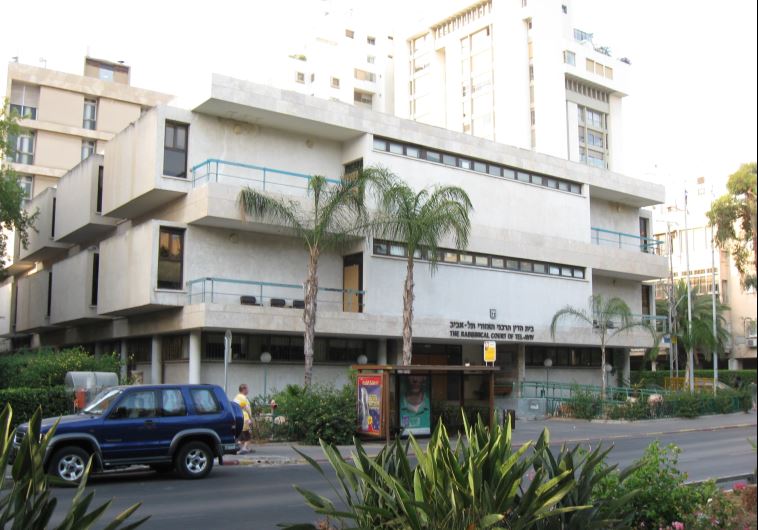Prominent national-religious rabbinical judge removes candidacy for Supreme Rabbinical Court
The Rabbinical Judges Appointments Committee convened in September and appointed 22 new judges to the 12 regional rabbinical courts.
 Tel Aviv rabinate David Hamelech Boulevard(photo credit: ORI~/WIKIMEDIA COMMONS)Updated:
Tel Aviv rabinate David Hamelech Boulevard(photo credit: ORI~/WIKIMEDIA COMMONS)Updated: